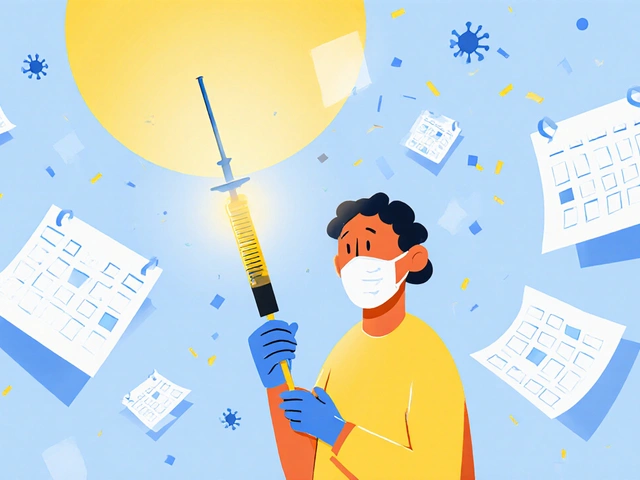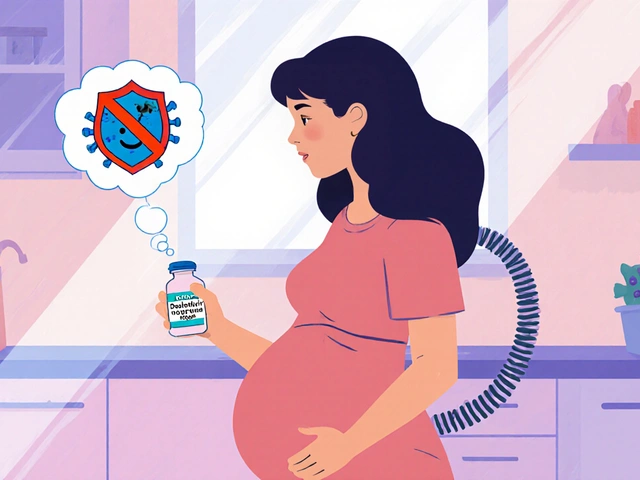Electrolytes: What They Do and How to Keep Them Balanced
Electrolytes are minerals like sodium, potassium, calcium, magnesium, and phosphate that carry electrical charges. Your nerves, muscles, and heart all rely on them. When levels drift too high or too low you can feel weak, dizzy, or have irregular heartbeats. The good news: most mild imbalances are fixable with simple steps at home or quick medical checks.
Common signs and causes of imbalance
Watch for clear signals: muscle cramps, fast or irregular pulse, severe tiredness, confusion, nausea, or numbness. Vomiting, diarrhea, sweating a lot, and not drinking enough fluids are frequent causes. Some medications — especially diuretics, certain blood pressure drugs, and laxatives — can change electrolyte levels. Chronic issues like kidney disease, uncontrolled diabetes, or heavy alcohol use also raise the risk.
If you want specifics: low potassium (hypokalemia) often brings cramps and weakness; low sodium (hyponatremia) can cause confusion and seizures in severe cases; low phosphate (hypophosphatemia) weakens bones and muscles — read our hypophosphatemia guide for more on that (https://genericvilla.su/?p=26639).
Practical fixes you can use today
For mild dehydration or light imbalance try these steps: sip a balanced oral rehydration solution (ORS) or a sports drink that lists electrolytes on the label. If you prefer food, eat potassium-rich items like bananas, potatoes, spinach, avocados, and beans. Magnesium comes from nuts, seeds, whole grains, and leafy greens. Dairy, fortified plant milks, and fish supply calcium and phosphate.
Be cautious with high-sodium processed foods — they raise sodium quickly but don’t help other electrolytes. Avoid making DIY mixes unless you follow a trusted recipe; a wrong ratio of salt and sugar can make things worse. If you’re on a prescription that affects electrolytes, ask your clinician about monitoring and dietary adjustments before trying supplements.
When symptoms are worrying — fainting, chest pain, severe shortness of breath, seizures, very fast or uneven heartbeat, or sudden severe weakness — call emergency services. For ongoing mild symptoms, your doctor can order a basic blood electrolyte panel. Treatment ranges from drinking ORS to IV fluids or targeted supplements depending on the result.
Prevention is simple: stay hydrated during hot weather and exercise, replace fluids after vomiting or diarrhea, and have routine blood checks if you take diuretics or have kidney or heart disease. Keep a list of your meds and ask your provider whether they can affect electrolytes.
Need a quick check or want more reading? Our site has practical guides on related topics like hypophosphatemia and medication effects. If you ever feel unsure about a symptom, a quick lab test can save a lot of worry.
Discover hydration hacks for people who take spironolactone and enjoy cocktails. Learn how to avoid dehydration and keep your electrolytes in balance.
View Details

